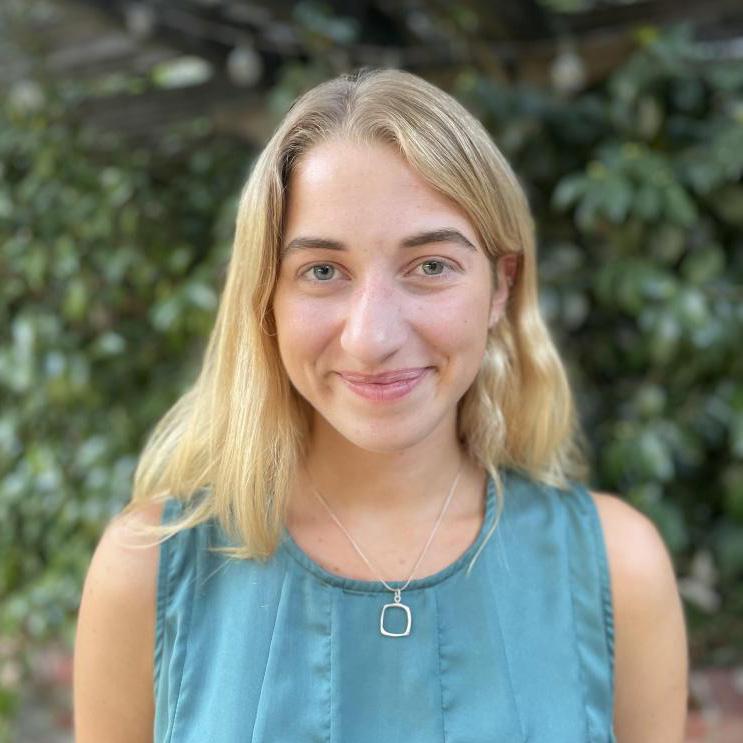Helen Casendino
Helen Casendino, BS
Environmental Analyst
Resilient Landscapes Program
Historical Ecology
Urban Nature Lab
Helen is excited to be a part of SFEI’s Resilient Landscapes program, which she joined as an Environmental Analyst in 2022. She provides critical support on various projects related to urban and historical ecology, and is passionate about nature-based solutions, multi-benefit, community-driven planning, and climate resilience.
Helen earned a B.S. in Aquatic and Fishery Sciences and a minor in Quantitative Science from the University of Washington, where she researched shell-boring polychaetes in Pacific oysters, analyzed long-term subtidal sea star community dynamics in Puget Sound, and characterized freshwater macroinvertebrate communities using eDNA methods.
In her free time, Helen enjoys scuba diving in Monterey Bay and discovering new camping spots in the Pacific Northwest.
Related Projects, News, and Events
 Sunset Natural Resilience Project (Project)
Sunset Natural Resilience Project (Project)
The Sunset Natural Resilience Project (SNRP) consists of six individual but related projects to increase the ability of human and natural communities to adapt to and prepare for the impacts of climate change. The projects will further the biodiversity goals of the City of San Francisco while making a dense urban environment a more livable and enjoyable space. San Francisco Estuary Institute (SFEI), will support the development of each individual project in coordination with project partners.
 Suisun Landscapes (Project)
Suisun Landscapes (Project)
The largest brackish marsh on the West Coast, Suisun Marsh is a unique transitional landscape between San Francisco Bay and the Sacramento-San Joaquin Delta. The Marsh supports high ecological diversity and has long been managed for recreational hunting and native species support, yet it is threatened by an uncertain future under climate change. Effective adaptation in Suisun will require coordinated, science-based planning by agencies and private landowners.
 Managing Open Space in Support of Net Zero (Project)
Managing Open Space in Support of Net Zero (Project)
Protecting carbon stocks and increasing carbon sequestration can support climate change mitigation and maintain healthy, resilient ecosystems. To support SFPUC managers in making informed carbon management decisions, the Alameda Watershed Carbon Assessment offers scientific guidance on the watershed’s current and potential performance as a natural climate solution. This assessment was framed by two main objectives: to quantify current carbon stocks in the Alameda Watershed, and to evaluate opportunities to enhance carbon sequestration in its vegetation and soils.

